New Delhi, Oct 14 (V7N) — After a long four years, Afghanistan’s Taliban government’s Foreign Minister Amir Khan Muttaqi has arrived in New Delhi for an official visit — marking the first high-level diplomatic engagement between India and the Taliban regime since its return to power in 2021.
International media outlet Al Jazeera described the visit as a potential “game changer” in India-Afghanistan relations.
When the Taliban regained power following the withdrawal of U.S. troops and the collapse of the Western-backed government in August 2021, India had shut down its embassy in Kabul and evacuated its diplomats. But now, four years later, Prime Minister Narendra Modi’s government has given the Taliban delegation a red-carpet welcome in Delhi.
High-Level Meetings and Key Announcements
Muttaqi — who remains on the UN sanctions list — traveled to India with a temporary travel permit and met with Indian External Affairs Minister S. Jaishankar. Following the talks, Jaishankar announced that India would reopen its embassy in Kabul soon, saying:
“Close cooperation between India and Afghanistan will help the development of both nations and ensure regional stability.”
Muttaqi, in turn, called India a “close friend” of Afghanistan. The joint statement released after the meeting emphasized regular communication and cooperation between the two sides.
Trade, Investment, and Humanitarian Aid
The Taliban delegation proposed enhancing trade and economic cooperation, inviting Indian investment in Afghanistan’s mining sector. The two sides noted that such collaboration would strengthen bilateral trade, which currently stands at about $900 million annually.
India has reaffirmed its commitment to continue humanitarian aid and development projects in Afghanistan.
As part of the visit, Muttaqi also toured the Darul Uloom Deoband Madrasa in Uttar Pradesh and announced that direct flights between Kabul and Indian cities — including Amritsar — will soon resume.
India’s Strategic Shift
Historically, India had opposed the Taliban, supporting the anti-Taliban Northern Alliance during the 1990s when Pakistan was the Taliban’s principal ally. However, worsening Pakistan-Afghanistan relations — particularly Islamabad’s accusations that Kabul is harboring the Pakistani Taliban (TTP) — have prompted a strategic rethink in New Delhi.
South Asia analyst Praveen Donthi noted,
“India does not want to repeat its past mistake of ignoring the Taliban and leaving space for Pakistan.”
He added that China’s growing regional influence has also pushed India toward a more pragmatic diplomacy.
Former Indian ambassador Gautam Mukherjee said,
“Today’s Taliban is not fully under Pakistan’s control as it once was. They are more diplomatically aware, and Afghanistan’s people retain a historical affinity for India.”
Rising Tensions Create Openings
Recent border clashes between Pakistan and Afghanistan have left several casualties, while Islamabad’s move to expel thousands of Afghan refugees has further strained ties.
During the visit, the Indian Ministry of External Affairs expressed appreciation for the Taliban’s condemnation of the Pahalgam attack, and Muttaqi assured that Afghan soil would not be used for any terrorist activity against India.
A Step Toward Recognition
Analysts view the visit as a major diplomatic step for the Taliban in their ongoing quest for international legitimacy. So far, only Russia has formally recognized the Taliban government, making the Delhi trip a significant milestone.
However, the visit also sparked controversy in India when women journalists were initially barred from Muttaqi’s first press conference — though they were allowed to attend a subsequent one.
While India continues to operate without formally recognizing the Taliban, observers say the visit reflects a notable softening in diplomatic posture. Many students, business leaders, and minority groups in Afghanistan are welcoming the improved engagement with India as a hopeful sign for stability and development.
END/SMA/AJ



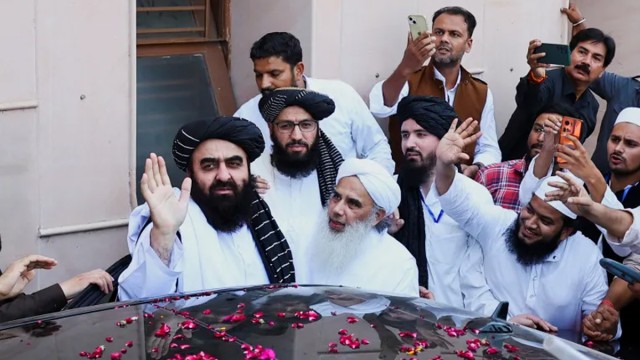
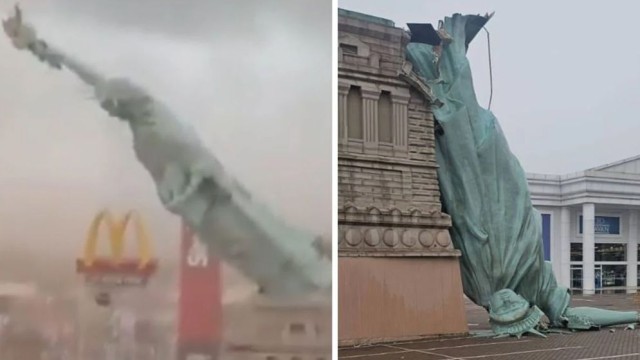
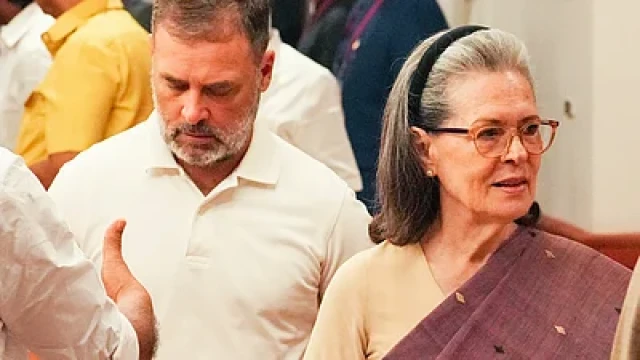
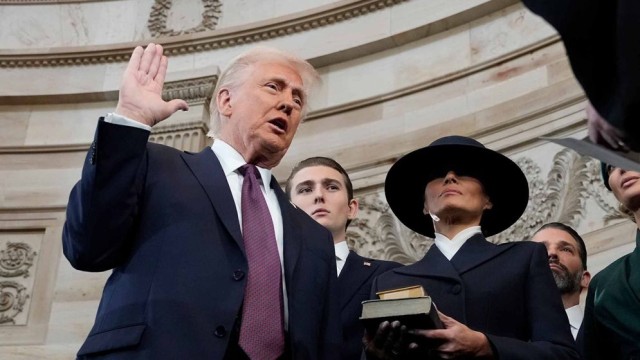
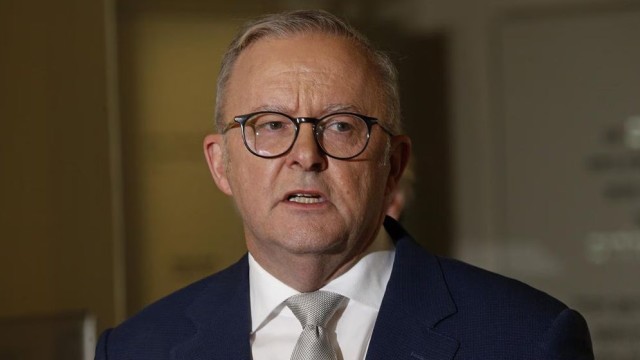
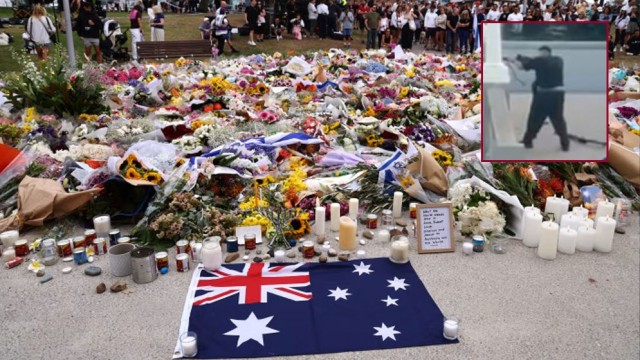

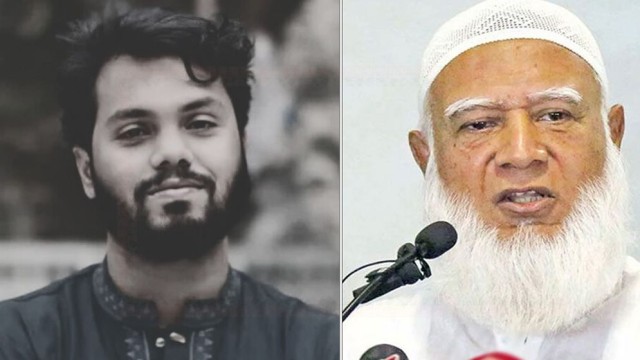
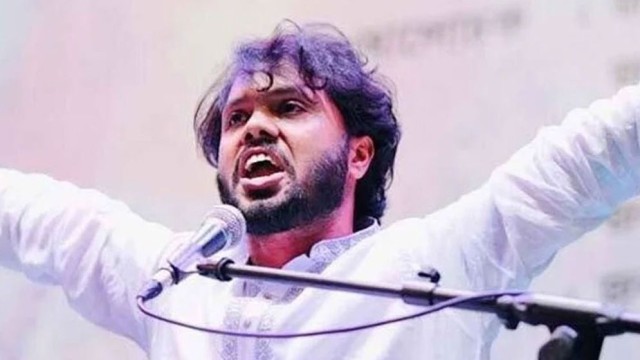
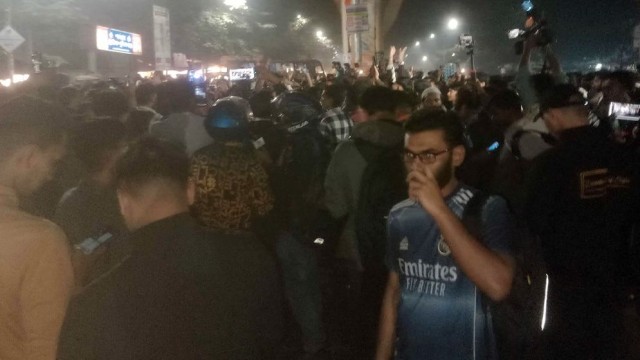
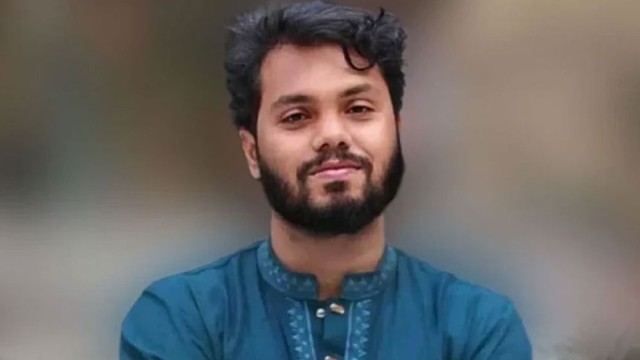
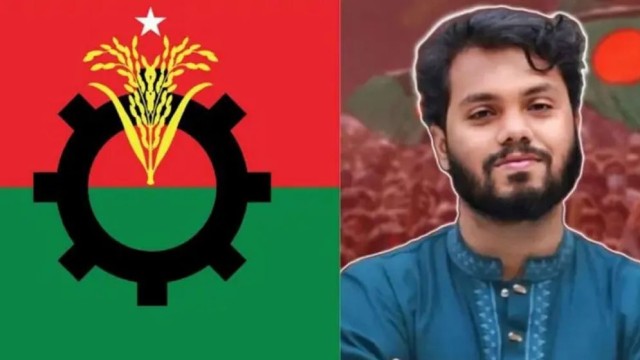
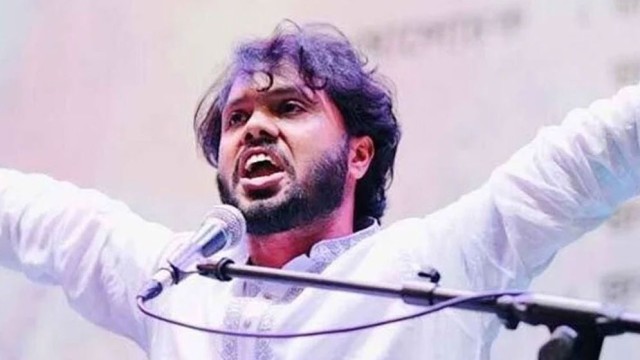
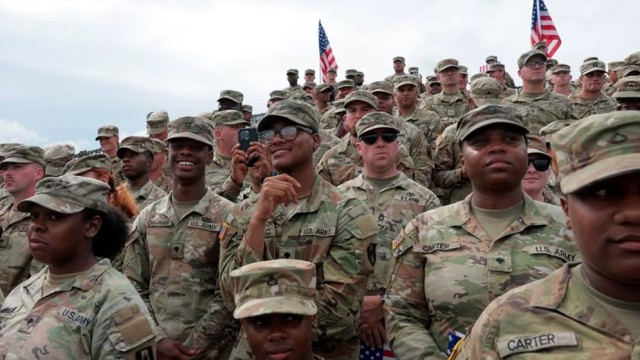
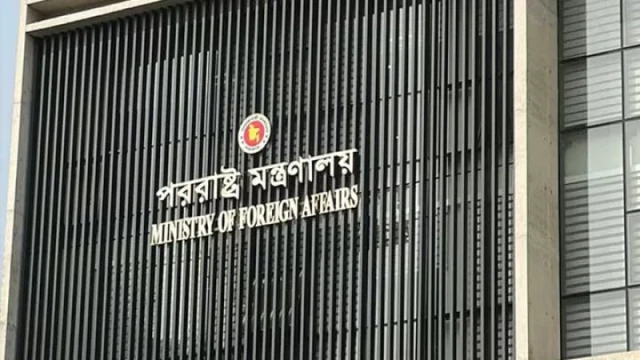
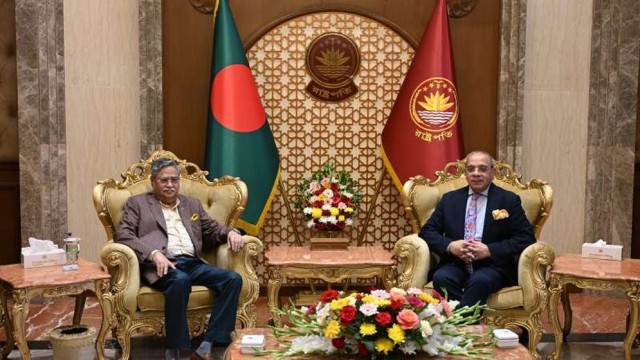
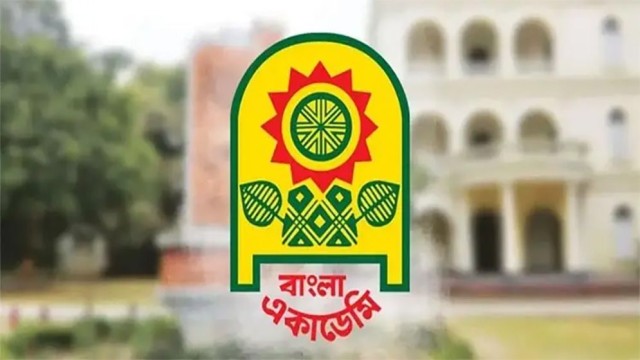

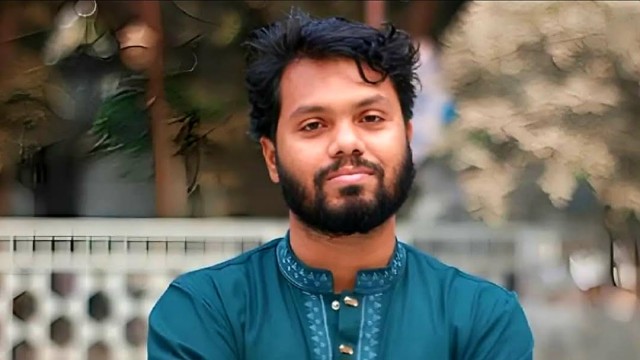
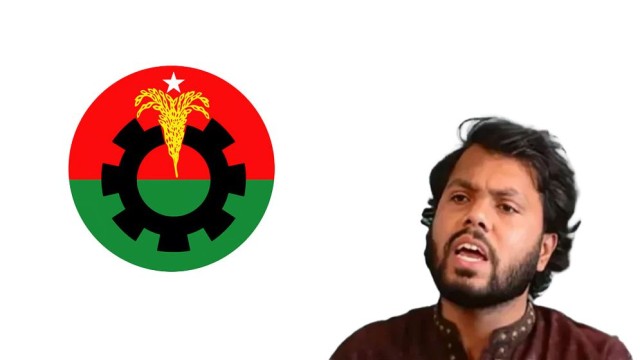
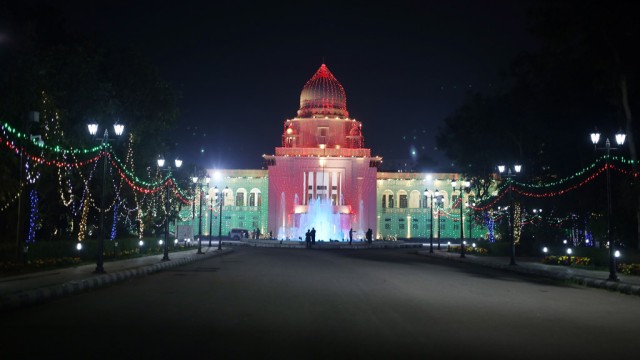
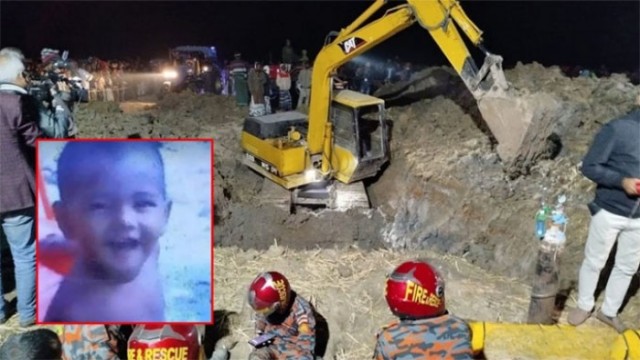
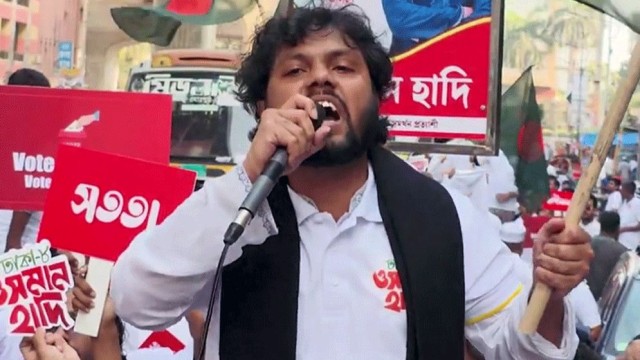
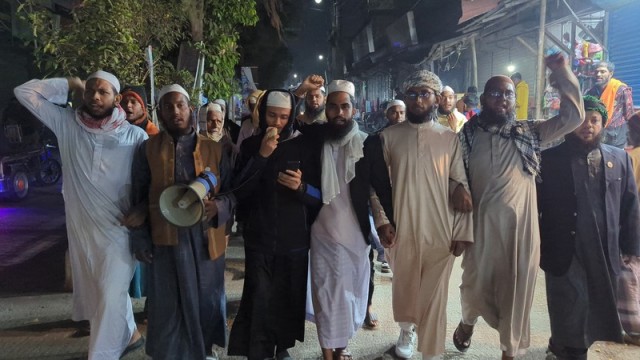
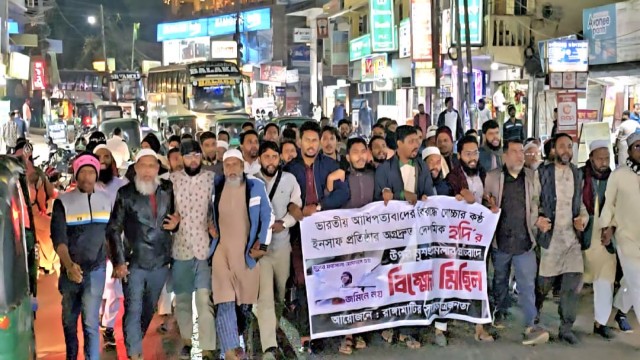
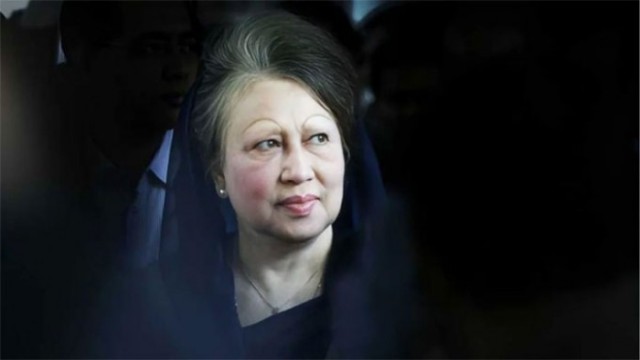

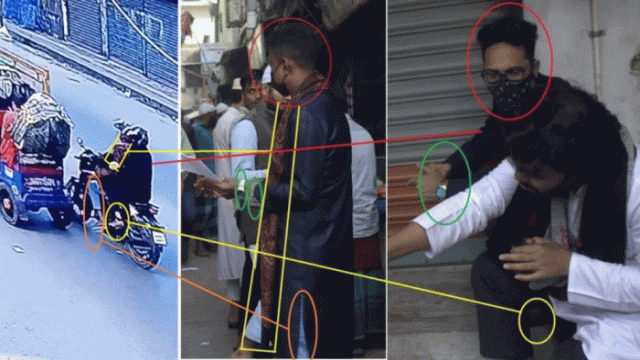
Comment: